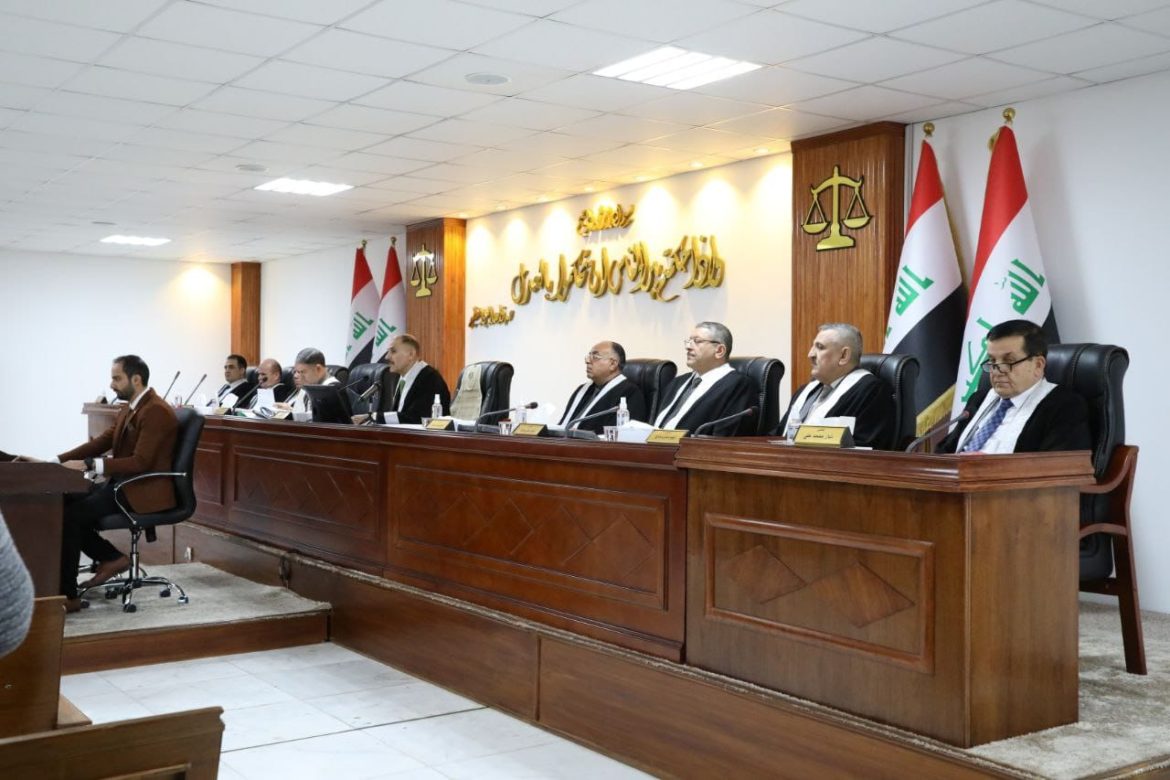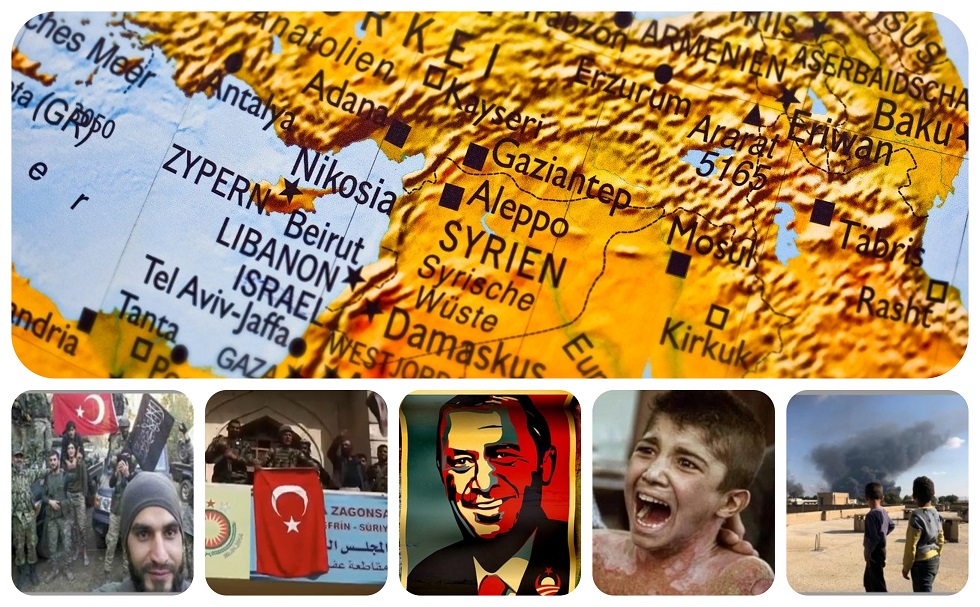Washington Kurdish Institute
By: Sierwan Najmaldin Karim June 16, 2022
After the fall of Saddam Hussein’s dictatorship in Iraq, the United States and the international community pushed for the Kurds to remain within Iraq and turn a new page after decades of persecution and ethnic cleansing by the Iraqi government. Kurdish parties subsequently became an integral part of Iraq’s survival as a state. Nevertheless, since 2005, successive Iraqi cabinets have violated the constitution’s special arrangements for Kurdistan.
Using a new tactic, Baghdad is exploiting the unconstitutional Supreme Court against the Kurds as a tool for issuing unjust rulings. On February 15, the so-called Federal Supreme Court of Iraq referenced a vague article in the constitution to justify its ruling of the oil and gas law of the Kurdistan Regional Government (KRG) as unconstitutional and demanded that Kurdistan hand over all production from oil fields in the Kurdistan Region and other areas to the federal government. The ruling was rejected by the Kurdistan Regional Government (KRG), who cited the fact that Iraq’s constitution allows regions to explore and sell their natural resources. Baghdad’s failure to adopt a fair and just oil and gas law, along with its failure to implement Article 140 of the constitution are the two principal contributors to Kurdistan’s ongoing disputes with the central government since 2005. The “economic independence” used by the KRG in 2014, including producing its own oil and gas, was a result of Baghdad cutting the allocated federal budget for the KRG and slashing the salaries of the region’s government employees. After its budget was cut, Iraq’s Kurds faced an economic crisis which ran parallel to their brutal fight against ISIS terrorists.
In another politically motivated move, the Supreme Court annulled the candidacy of a Kurdish politician, Hoshyar Zebari, for the post of President, under the false pretext of corruption allegations. While Iraq ranks as one of the most corrupt countries globally, Baghdad largely ignores non-Kurdish politicians responsible for wasting billions of dollars and fueling poverty in an oil-rich country. The Iraqi government sees Kurdish gains as its own loss and will stoop to no level too low, including the creation of bogus cases against Kurdish politicians who they deem a threat.
Days ago, a group of Iranian-backed lawmakers filed a new case with the Supreme Court, demanding the dissolution of the Kurdistan Democratic Party (KDP), claiming that they are the main component of the KRG which “failed to comply” with the court’s decision on the oil issue. Targeting the oldest and largest Kurdish party is another failed attempt at undermining the KRG and silencing the Kurds.
The fact of the matter is that all the Supreme Court’s rulings line up perfectly with Iran’s interests. Iran is staunchly opposed to the Kurds being part of a large coalition in the Iraqi Parliament, fearing that it seeks to form a government which would run counter to Tehran’s wishes. The Iranian regime has long meddled in Iraq, but since 2017, it has engineered Iraq’s war on the Kurds in the disputed territories. Iran continues unleashing its radical proxies, who regularly launch drone and rocket attacks on Erbil.
Moreover, the Kirkuk Criminal Court sentenced five former Kirkuk Provincial Council members, including former chairman Rebwar Talabani, to prison. Talabani received a 6-year sentence, while each of his colleagues received 15 years. All the “convicts” were sentenced with bogus charges such as “damage” to public property. The court ruling is clearly politically motivated since it only targeted those who participated in Kurdistan’s Independence Referendum. All six of the convicted members released statements denying the charges and stating that the Iranian-backed militias stole their government property. Baghdad has continually attempted to punish those who supported Independence Referendum, when more than 92% of voters voted yes for an independent Kurdistan.
Eight months since the parliamentary elections in Iraq, Iranian-backed parties remain the primary obstacle to the formation of a new government. The irony is that these radical parties do not dare to target other elements in the parliament’s largest coalition, such as the Shia Cleric Muqtada al Sadr or even the Sunni parties but focus on fighting the Kurds and rallying around the Iraqi flag.
It should be clear for the US that anti-Kurdish rhetoric by Tehran and Baghdad is against American interests just as much as it is against the Kurds. For decades, the Kurds have paid the price for being a trusted ally to the US in Iraq. Additionally, Kurds are often accused of having friendly relationships with regional powers, such as the Arab Gulf States and even the European Union. If the US and the international community do not stand behind the KRG, Baghdad will achieve its goal of demolishing the only Kurdish identity that is recognized in Iraq’s constitution and the United Nations.
Sierwan Najmaldin Karim is the President of the Washington Kurdish Institute (WKI)


